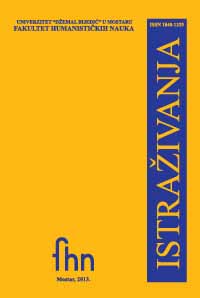

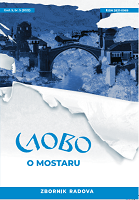
Previously published as eBook, also available on CEEOL.
Slovo o Maku: https://www.ceeol.com/search/book-detail?id=428881
Slovo o Aleksi Šantiću, Antunu Branku Šimiću i Zuki Džumhuru: https://www.ceeol.com/search/book-detail?id=429268
Slovo o Hamzi Humi: https://www.ceeol.com/search/book-detail?id=1095367
Slovo o Aliji Isakoviću i Mirku Kovaču: https://www.ceeol.com/search/book-detail?id=1095449
More...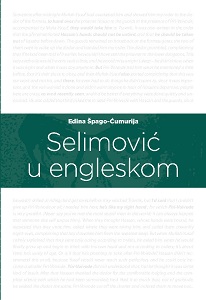
Keywords: Meša Selimović; translation;
Prevođenje književnih djela omogućuje komunikaciju između najmanje dva svijeta historije, kulture i jezika i otuda je prevođenje književnih i drugih djela oduvijek bio imperativ aktivnosti u uspostavljanju međukulturnog dijaloga. Riječ prevođenje u ovoj knjizi će biti zamijenjena riječju transpozicija jer smatramo da je pogodnija za književno djelo koje jedna kultura i jedan narod prenosi drugoj kulturi i drugom narodu preko svih jezičkih sredstava koja postoje kad se vrši prijenos. Kad se govori o međukulturnoj komunikaciji, neophodno je govoriti istovremeno o sadjejstvu jezika i društveno-kulturnog konteksta kome taj jezik pripada. Pitanje o kojem se još živo raspravlja u lingvistici, i ne samo u njoj, je da li jezik formira naše mišljenje i konceptualni svijet, tj. da li se mogu razumjeti, i do koje mjere, pripadnici različitih jezičnih zajednica.
More...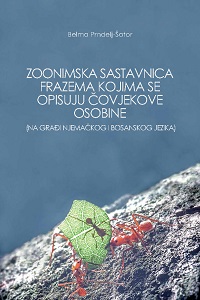
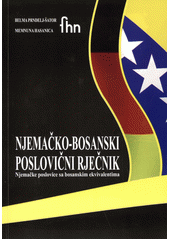
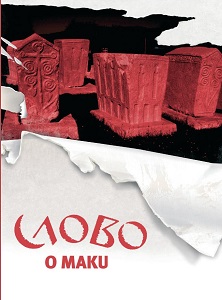
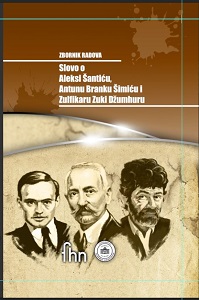
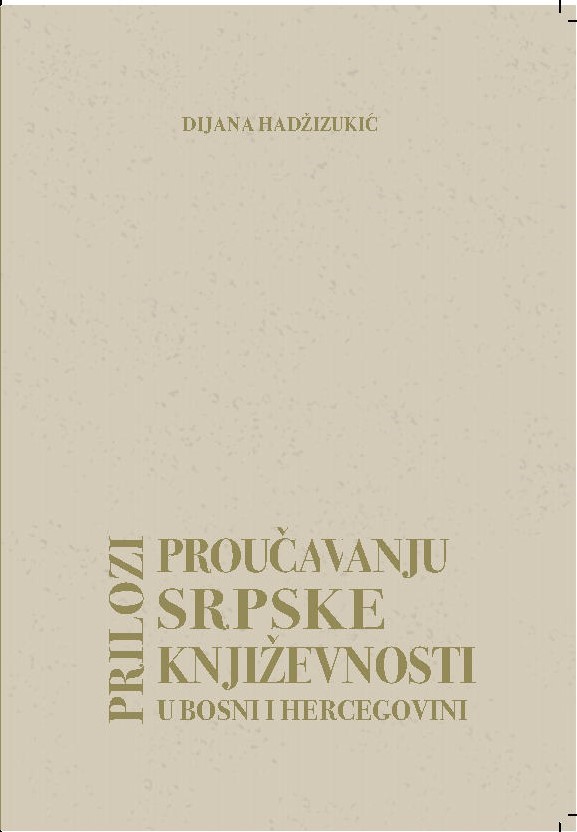
Keywords: Serbian literature;Serbian writers from Bosnia and Herzegovina;Svetozar Ćorović; Branko Ćopić;Todor Vujasinović;Radmila Karlaš
More...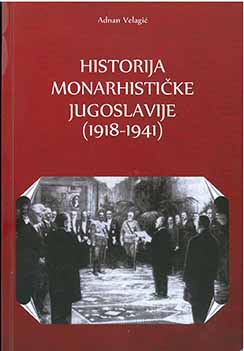
Keywords: Yugoslavia;monarchy;Yugoslav idea; Vidovdan Constitution; king Alexander; Bosnia and Hercegovina;Milan Stojadinović; Industry;education;
More...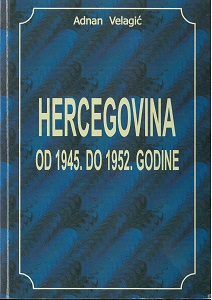
Keywords: Herzegovina;Yugoslavia;Bosnia and Herzegovina; social and economic development;collectivization;infrastructure; electrification;
More...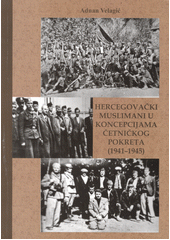
Keywords: Herzegovina;Muslims;chetnik;World War 2;Muslim national military organisation
More...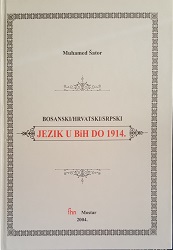
Keywords: Bosnian; Serbian; Croatian; language; grammar; standardisation;
More...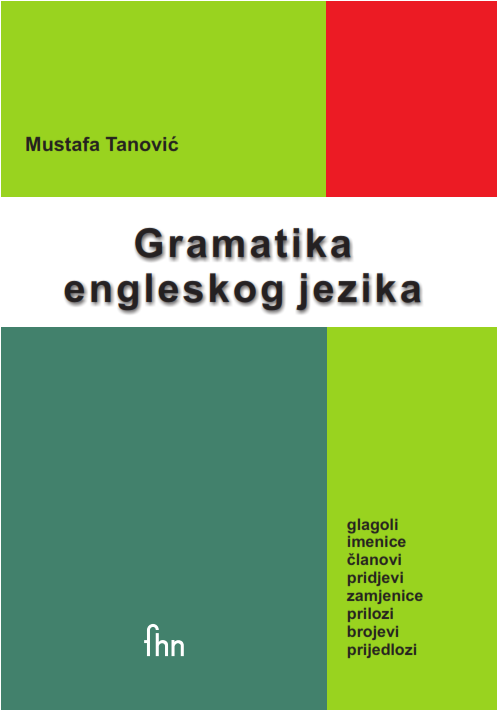
Keywords: English language; English grammar;
More...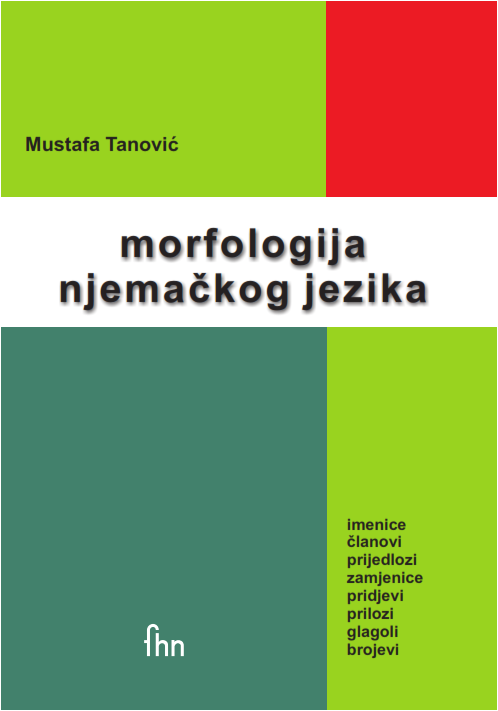
Keywords: Morphology;German language;nouns;adverb;adjectives;verbs; pronouns;
More...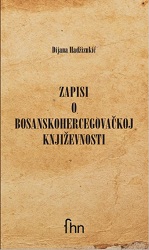
Keywords: Bosnian literature; Bosnian writers; Bosnian topics; Aleksa Šantić;Safvet-beg Bašagić;Hamza Humo; Ahmed Muradbegović; Hasan Kikić; Meša Selimović; Derviš Sušić; Skender Kulenović; Ćamil Sijarić;
Knjiga Zapisi o bosanskohercegovačkoj književnosti svojevrsni je presjek moga naučnoistraživačkog rada u nekoliko proteklih godina. Sve studije sadržane u knjizi pročitane su kao izlaganja na različitim naučnim skupovima u zemlji i inostranstvu, te objavljene u pratećim zbornicima, dok su prikazi objavljivani u časopisima ili kao predgovori uz autorska izdanja knjiga. A to dalje znači da tekstovi rasuti na takav način ne mogu adekvatno reprezentirati moj istraživački fokus koji je usmjeren na različite bosanskohercegovačke autore koji su stvarali i stvaraju od početka dvadesetog vijeka do danas. Knjiga je podijeljena u dva dijela, Studije (dvanaest tekstova) i Prikazi (dvadeset i jedan tekst), a započinje studijom recepcije poezije Alekse Šantića u kojoj detaljno analiziram historijske i ideološke promjene koje su kroz vrijeme utjecale kako na različite recepcijske obzore, tako i na različite izbore Šantićeve poezije.
More...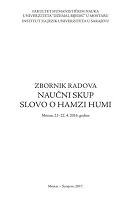
Keywords: Hamza Humo; Bosnian poet; Bosnian literature; Linguistics; Literature;
Zbornik radova: Naučni skup Slovo o Hamzi Humi, Mostar, 21-22.4.2016.
More...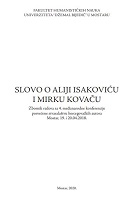
Keywords: Alija Isaković; Mirko Kovač; Bosnian literature; Croatian literature; Serbian literature;
Slovo o Aliji Isakoviću i Mirku Kovaču : zbornik radova sa 4. međunarodne konferencije posvećene stvaralaštvu hercegovačkih autora, Mostar, 19. i 20.04.2018.
More...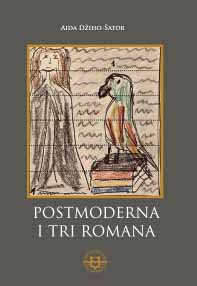
Keywords: postmodernism; metafiction; historiographic metafiction; intertextuality; hybridity; Flaubert’s Parrot; The French Lieutenant’s Woman; The Golden Notebook; Julian Barnes; John Fowles; Doris Lessing;
The monograph Postmodernism and Three Novels focuses on the research of postmodernism within British literature in the form of an exhaustive analysis of formal, stylistic and thematic features represented in the novels of representative authors of British postmodernism. The authors and novels that the book focuses on are: The Golden Notebook, by Doris Lessing, The French Lieutenant's Woman, by John Fowles, and Flaubert's Parrot, by Julian Barnes. The book investigates in detail and differentiates the key postmodern literary techniques, means and strategies that provided postmodern literature in general and British postmodern literature in particular with the attributes of experimentalism and innovation, after which it provides a detailed description of these techniques in the given novels.
More...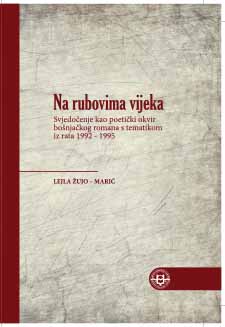
Keywords: war in Bosnia and Herzegovina 1992 – 1995; Bosniak writers; novels; testimony; historical and moral witness; trauma; remembrance; intertextuality;
The book deals with the issue of witnessing war and remembering war trauma in a Bosniak novel with a theme from the 1992-1995 war showing the perspective of a victim/witness of a difficult historical moment such as war. Writers and their works included in this research, apart from fictional ones, carry important historical values: writers are historical witnesses and victims, and their works are resistance to all forms of war devastation. The research focus includes the following novels published in the period 1995 - 2005: Dževad Karahasan's Night Council and Sara and Serafina, Jasmine Musabegović's Women.Voices, Nedžad Ibrišimović's Book by Adem Kahriman, Zilhad Ključan's Šehid, Nermina Kurspahić's Disappearance of the Blue Riders, Irfan Horozović's Similar Man. The research is divided into three thematic parts based on the concepts of the theory of testimony and the theory of memory: the first part deals with postulating the figure of the witness in the mentioned novels, recognizing its ethical values. An important segment in shaping the figure of a moral witness is the identification in the historical experience of ancestors and the community of the dead. The second part of the book goes into the factual places where the writers and their characters move, portraying how literary testimony is recorded in places such as Vijećnica (National Library), the Sarajevo Rescue Tunnel, Ferhadija, city spaces under siege such as Sarajevo, Mostar, Banja Luka also shaping the space of exile. All spaces, except real ones, carry symbolic values. The third part of the book opens questions about the possibility of the literary text as a space of authentic witnessing, starting from the terms such as Bakhtin's polyphony, and dialogicity from which intertextuality emerges as an artistic place of articulating war trauma and historical experience. In the intertextual key, the relationship of the small story to the big ones constructed over time in different forms of culture such as religion, history and literature is questioned. All the novels portray war as a horror, calling for dialogue, humanism and preservation of memory and remembrance.
More...
Keywords: Dževad Karahasan; Eastern Diwan; Šahrijar's Ring; Sara and Serafina; Night Council; What the Ashes Say; Introduction to Floating; a postmodern novel;
The book Novelistic Gardens of Dževad Karahasan consists of texts dedicated to the author's topos such as: garden, city, the relationship between the inner and outer (the meaning of the border / door), death, the semiotics of letters and writing, while the first part of the book provides a brief description of each of the six novels. The research corpus included the novels: Eastern Diwan, Šahrijar's Ring, Sara and Serafina, Night Council, What the Ashes Say and Introduction to Floating. Each of Karahasan's novels offers different reading possibilities, but, with regard to the chronotopic determination and compositional structure, we can basically divide them into two groups: Eastern Diwan, Šahrijar's Ring and What the Ashes Say, on the one hand, and: Sara and Serafina, Night Council and An introduction to Floating, on the other hand. The first group consists of novels whose textual characteristics are predominantly postmodernist, with a metatextual framework in which an old manuscript was found in focus, and with a multitude of different chronotopes and narrators. The author links the second group of novels to the recent history of Bosnia and Herzegovina, and their composition is much simpler than that of the previous ones. The Night Council takes place in 1991 in Foča, while the plots of the novels Introduction to Floating and Sara and Serafina are set in besieged wartime Sarajevo. Even though, these novels completely exhaust their chronotope in pre-war and post-war Sarajevo and Foča, their protagonists' search for wholeness, identity and freedom, a story about evil and crime, a story about sacrifice and betrayal, a story about the position of bastards in a single-minded political system, the meanings of borders, writing, longing, carnivalization etc., make these novels an inseparable whole with the previous ones. The play with the text, which is visible at first glance in the first group of novels, is now hidden, so it is more complex.
More...